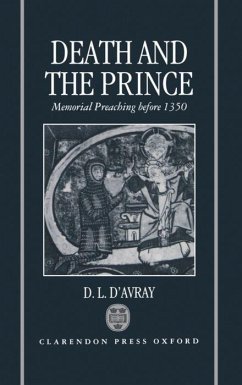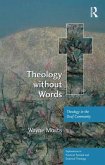This study examines medieval kingship and attitudes to death, and identifies a period in which this-worldly and other-worldly interests were held in a relatively stable equilibrium. David d'Avray's conclusions are based on previously unpublished memorial sermons from fourteenth-century Europe. After giving an outline of the development of the genre from the late Roman Empire, he argues that the portrayal of individual personalities conveyed a message about kingship. The message is shown to be much the same as that of fifteenth-century humanist orations so far as the 'external goods' of wealth and nobility are concerned. Aristotelian influence enhances the secular character of the ideology. The secularity, however, is harmoniously balanced by a more predictable emphasis on death and the afterlife. Furthermore, in drawing this balance the sermons are representative of an outlook widely current in the real world of fourteenth-century kingship. Death and the Prince mixes political history with history of mentalities in an original and scholarly study. The relation of its argument to recent French and German work on the 'History of Death' is spelled out, and critical transcriptions of a significant selection of unpublished sources are appended.








